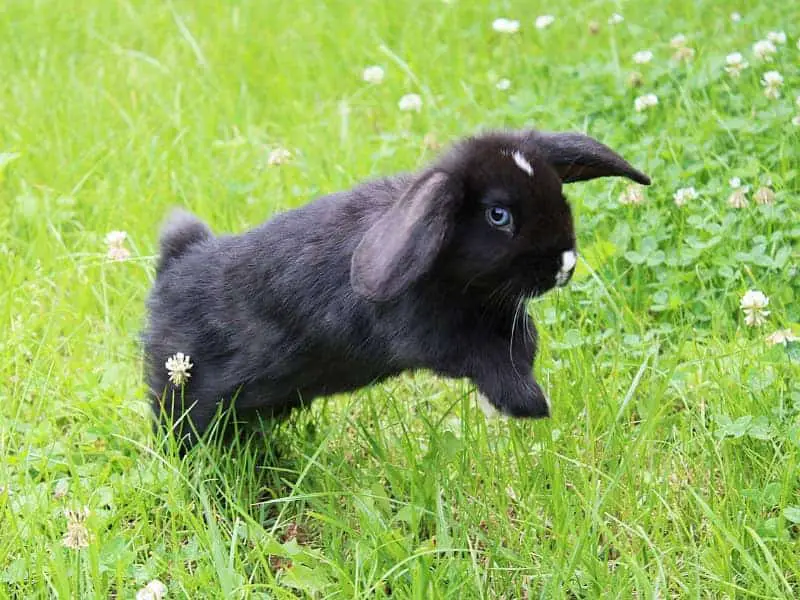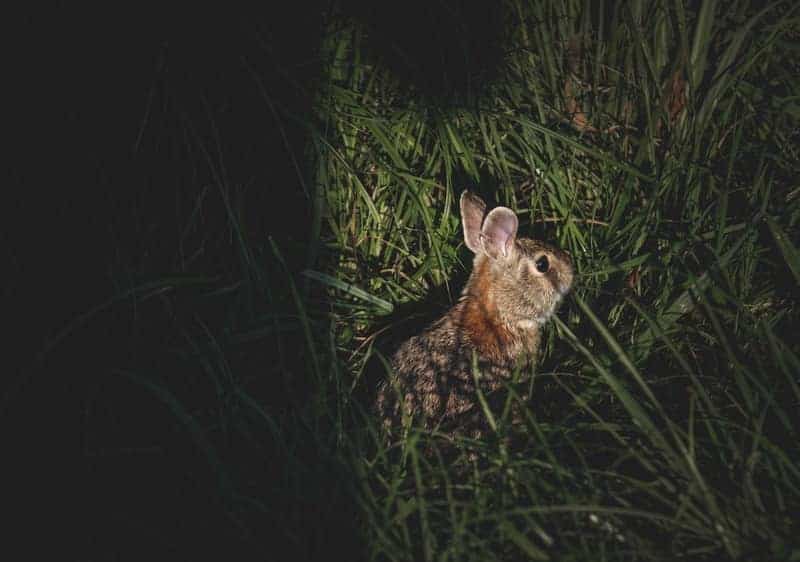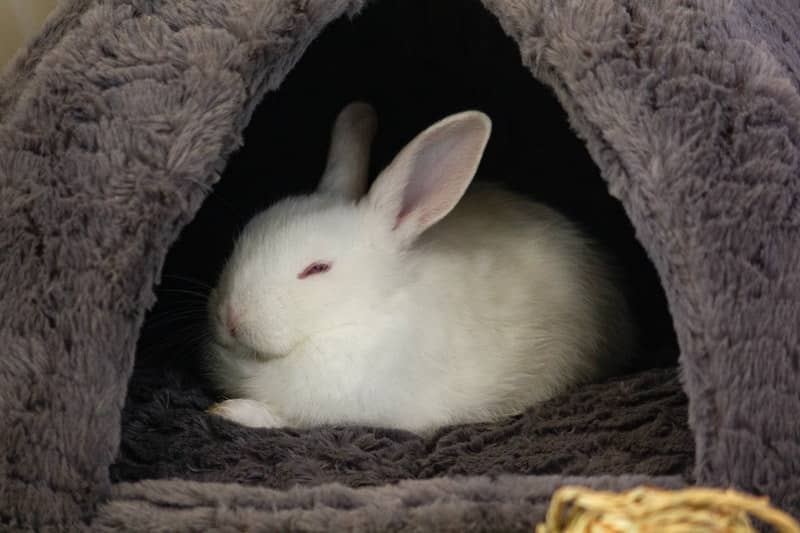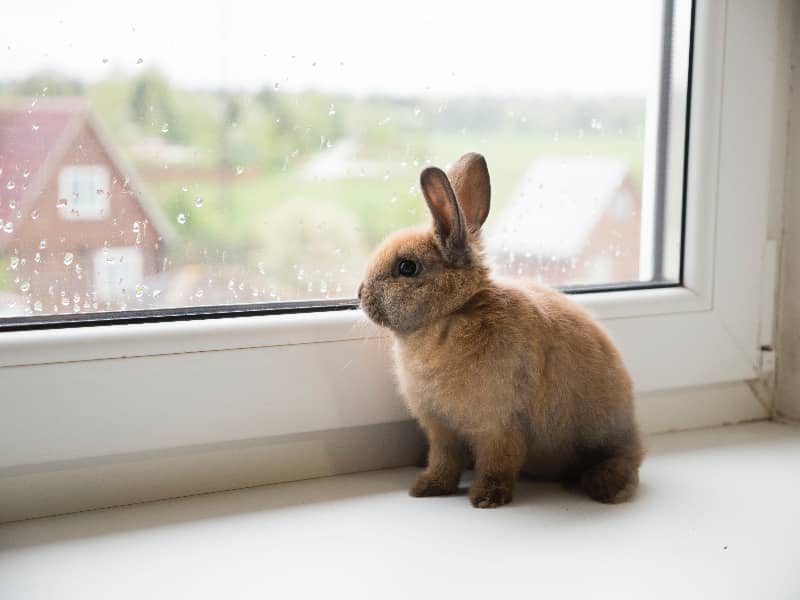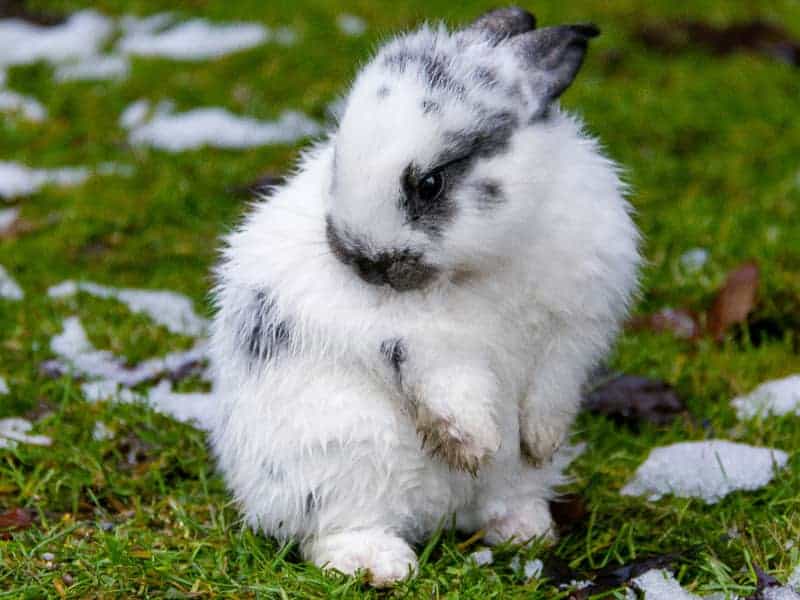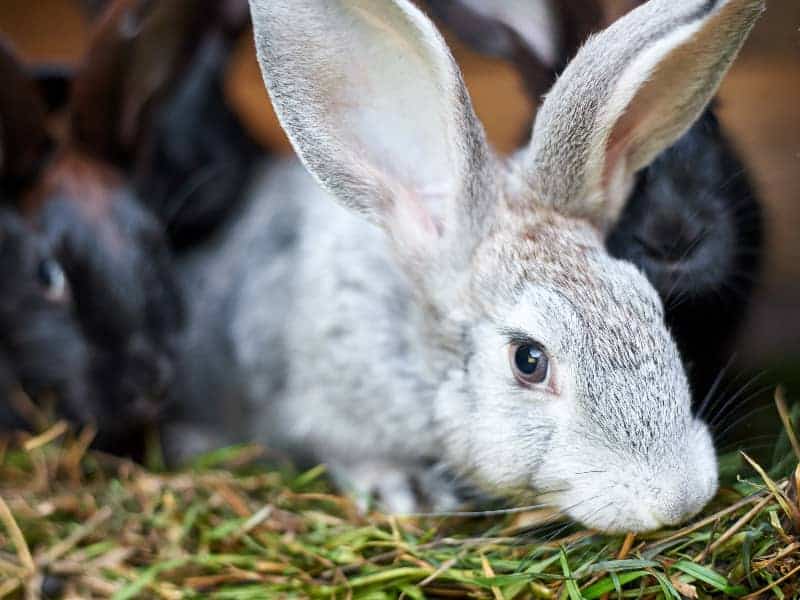
Are rabbits allowed to eat asparagus?
Hello, you've probably been there: your furry friend looks at you with those big, chocolate-brown eyes and seems to say, "I need variety in my diet!" Now you're asked to make a decision, and the question arises, "Are rabbits allowed to eat asparagus?" We're going to take a thorough look at this question today to give you and your rabbit a safe and healthy answer.
- Are rabbits allowed to eat asparagus?
- Rabbits: Small omnivores with a sophisticated digestive system
- Asparagus: a pleasure or a potential danger?
- Oxalic acid in asparagus: What you need to know
- The quantity makes the difference
- Feed asparagus: raw or cooked?
- White or green asparagus: is there a difference?
- Other safe vegetables for your rabbit
- Asparagus preparation: a meticulous task
- The love of your rabbit to nibble
- Asparagus season: the right time to feed
- Conclusion: Are rabbits allowed to eat asparagus?
Rabbits: Small omnivores with a sophisticated digestive system
Before we turn to the specifics of asparagus, let's take a look at the digestive system of rabbits. After all, only by understanding the peculiarities of their gastrointestinal tract can we make sensible decisions about their diet.
Rabbits are excellently adapted to digest a plant-based diet. Their long intestines specialize in breaking down fiber, which they get from grasses, hay and vegetables. While they can also tolerate a certain amount of fruit, this should only be fed in moderation, as too much sugar can cause digestive problems. It is therefore important to provide a varied diet with plenty of crude fiber to ensure a healthy intestinal flora.
Asparagus: a pleasure or a potential danger?
Now that we better understand the digestion of our little long ears, we can turn to asparagus. At first glance, it seems to be an ideal snack for rabbits: it is crunchy, easy to chew and contains many healthy nutrients such as vitamin C, folic acid and potassium.
But - and here comes the big but - asparagus also contains oxalic acid. And although this acid is harmless in small quantities, in larger quantities it can cause health problems for rabbits.
Oxalic acid in asparagus: What you need to know
Oxalic acid is a naturally occurring acid found in many plants, including asparagus. However, in larger amounts, oxalic acid can be problematic for rabbits. It binds calcium in the body and can thus contribute to the formation of kidney stones.
The oxalic acid content in asparagus is relatively low, but in combination with other oxalic acid-containing foods such as chard, spinach or parsley, critical intake may occur. Therefore, asparagus should be included in the diet of rabbits only in small amounts, if at all, and not on a regular basis.
The quantity makes the difference
Since asparagus is not toxic to rabbits and the oxalic acid content is relatively low, it can be fed in moderation as part of a varied diet. A small piece of asparagus per week should not be a problem and can be a welcome change in your rabbit's diet.
However, always remember: your rabbit's health depends on a balanced diet consisting primarily of hay and a variety of vegetable-based foods. Asparagus should be considered a treat and not used as a main component of the diet.
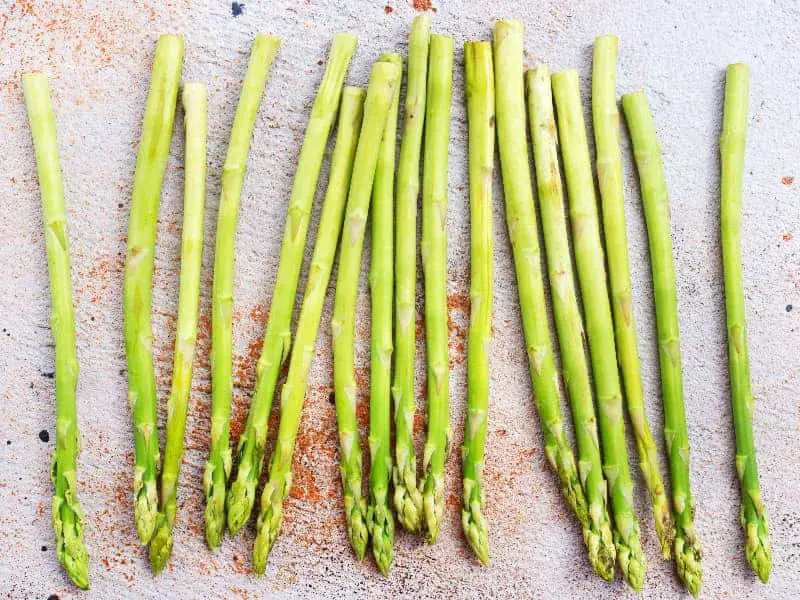
Feed asparagus: raw or cooked?
Now that we have clarified that your rabbit can eat asparagus, one question remains: should you feed asparagus raw or cooked?
The answer is simple: always raw. Rabbits specialize in raw foods and cooking can alter the structure and nutrient content of the food. Cooking could also increase the oxalic acid content of the asparagus, which is something we want to avoid at all costs. So, just cut a small piece off the raw asparagus and offer it to your rabbit.
White or green asparagus: is there a difference?
Not all asparagus is the same. We usually distinguish between white and green asparagus. But does that make a difference for your rabbit?
Well, basically both varieties are safe for your rabbit. The main difference is the taste: white asparagus is milder, while green asparagus has a more intense flavor. This can affect your rabbit's preferences. Some may like the milder white asparagus, while others prefer the heartier green. Just try it out to see what your rabbit prefers.
Other safe vegetables for your rabbit
While asparagus in moderation is a safe choice for your rabbit, there are a variety of other vegetables you can offer your fluffy friend on a regular basis. These include carrots, celery, broccoli, fennel and zucchini. All of these vegetables are rich in nutrients and fiber and are a good supplement to the main hay diet.
But again, variety is important! The mixture of different vegetables ensures that your rabbit gets all the necessary nutrients and does not get used to a particular variety.
Asparagus preparation: a meticulous task
We've already discussed that asparagus should be fed raw, but there are a few more points you should consider when serving this vegetable. Although asparagus is not toxic to rabbits, you should make sure that the asparagus is fresh and thoroughly washed to remove any pesticide residue. It is best to use organic asparagus to minimize the risk of pesticide exposure.
The love of your rabbit to nibble
Rabbits are naturally curious animals that love to nibble on various materials. This behavior is essential for their dental and overall health. Therefore, asparagus, especially the woody base, could provide a satisfying nibbling experience for your rabbit. However, make sure you remove the bottom end of the asparagus, which is often woodier, before giving it to your rabbit. This part is difficult to chew and could pose a choking risk if swallowed.
Asparagus season: the right time to feed
Even though asparagus is available in most supermarkets all year round, it has its own season. In most parts of the world, the main harvest season for asparagus is in the spring, usually from April to June. If you want to offer asparagus to your rabbit, this might be the best time to do so. Asparagus will be fresh and of high quality, and you will also be helping the environment by buying seasonal produce.
Conclusion: Are rabbits allowed to eat asparagus?
To answer your initial question, yes, your rabbit can eat asparagus, but in moderation and not regularly. Remember to keep a close eye on your rabbit when you offer him a new food and make sure it doesn't have any negative effects on his health.
The health and well-being of your furry friend always comes first. With this information in hand, you can now make an informed decision and offer your rabbit a small, tasty and safe asparagus snack. Bon appetit, little friend!
Author

-
Garden animal - A life with nature
Welcome to my animal blog! My name is Dirk and I am happy to take you on my journey through the fascinating world of animals and gardening.
Born 54 years ago, I have had an insatiable curiosity for the animal world around me since childhood. Although I have moved professionally in other industries, my true passion has always been animals and nature. It is remarkable how a small garden has become such an important part of my life.
Many of my fondest memories are associated with the animals that share our home. Whether it's the curious squirrels that scurry across the trees in the morning, the colorful variety of birds that visit our feeders, or the busy bees and butterflies that pollinate our flowers, every moment with them is invaluable to me.
This blog is my contribution to share my experiences, discoveries and insights with like-minded people. Here I will share stories of unforgettable encounters with animals, give tips on gardening and creating wildlife-friendly habitats, and take you on my journeys through nature.
Thank you so much for being here!
Cordial,
Dirk aka garden animal
Last posts
- 27. February 2024PetsVeganes Hundefutter – Grün und Gesund?
- 18. January 2024ChickensOregano für Hühner
- November 27, 2023HamsterDiurnal hamsters
- November 24, 2023HamsterHamster hammock

